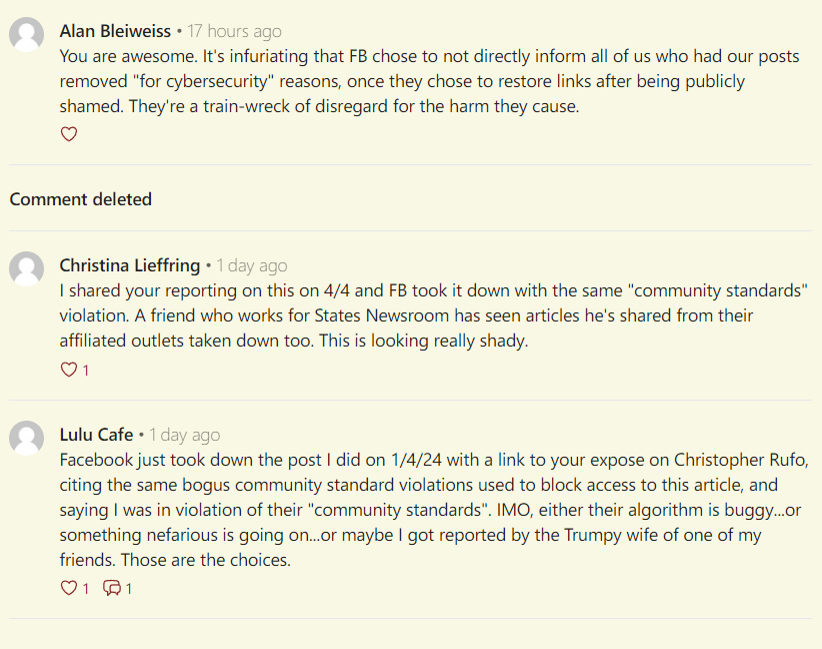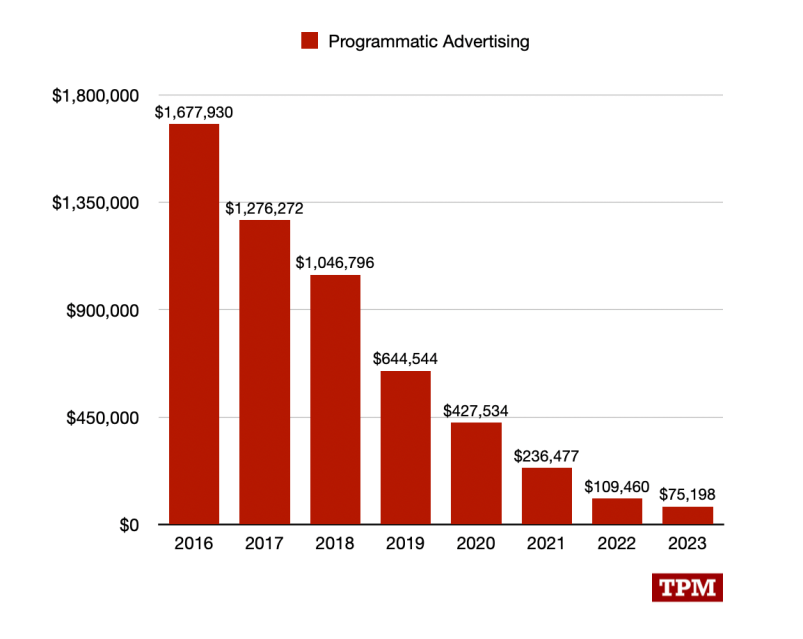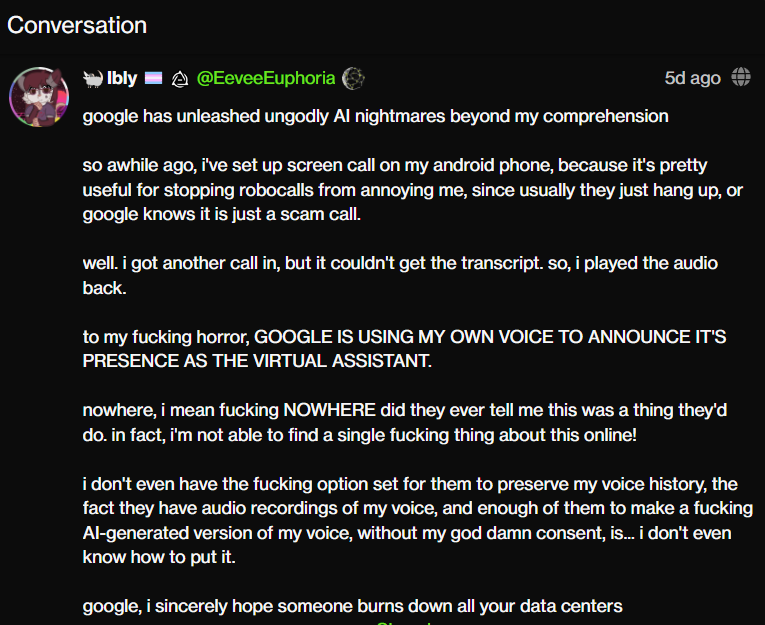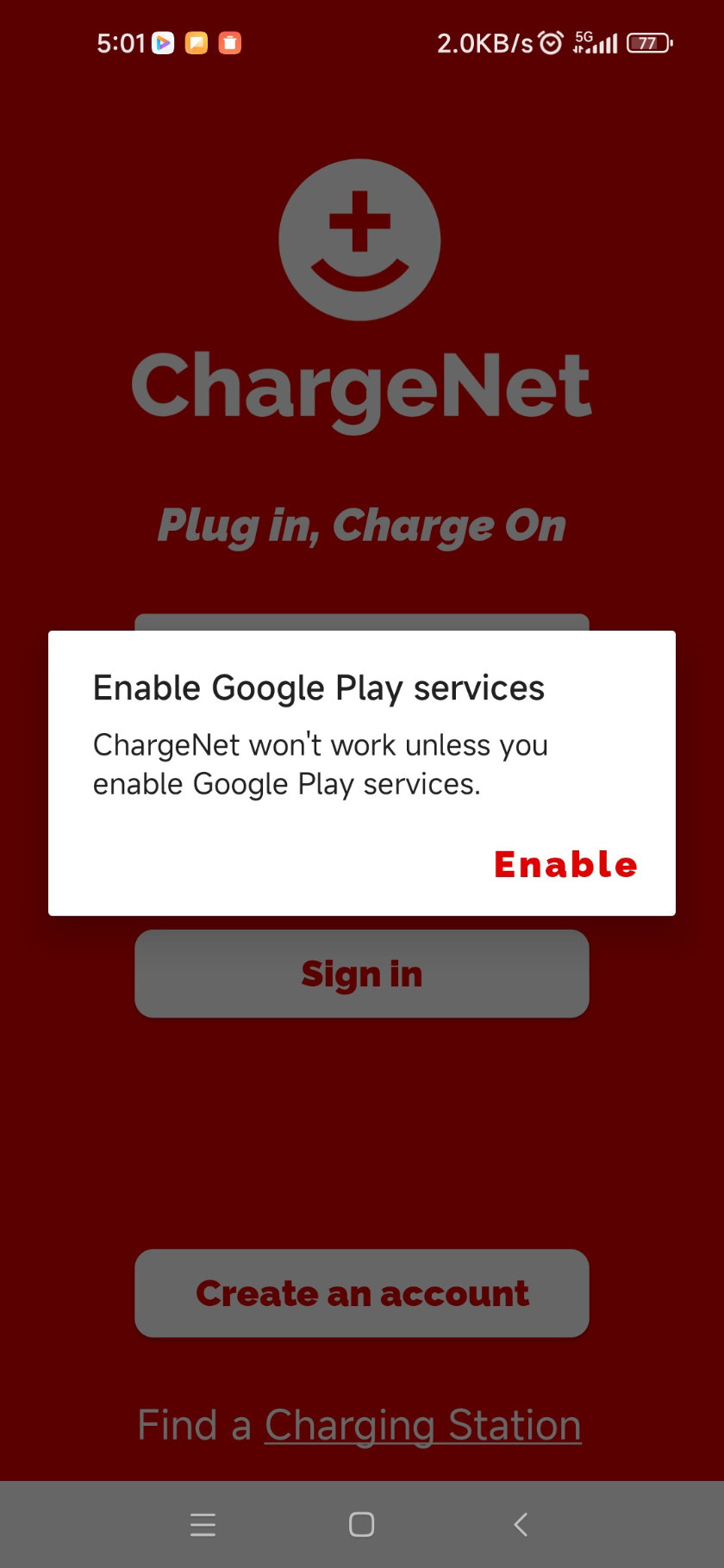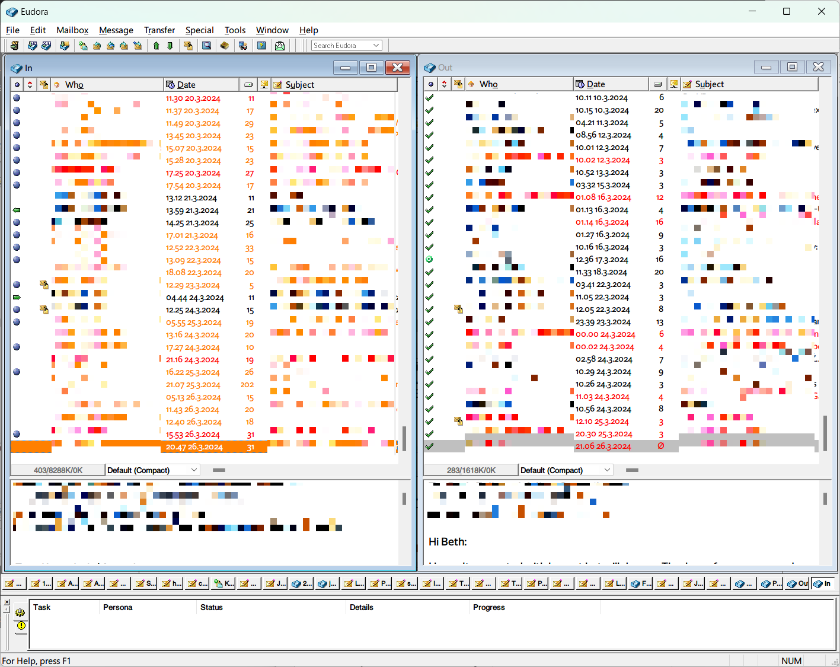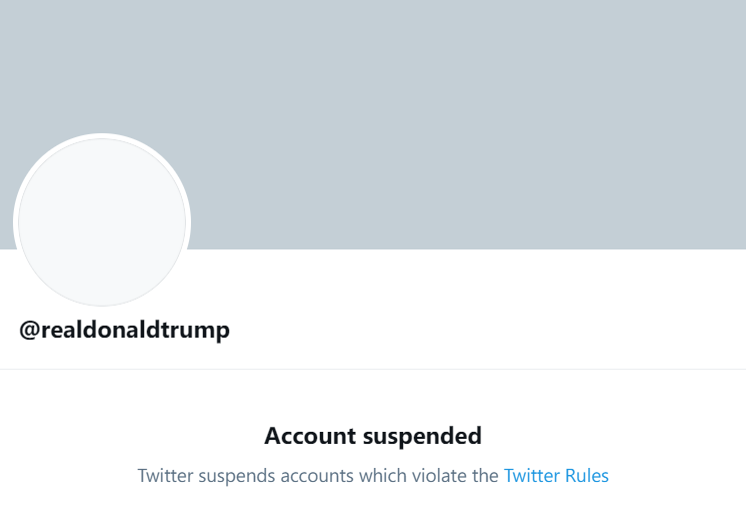Note: this was originally at the tail end of another post, but given its significance, it deserved to be its own post.
Who knew that Fesshole would help bring up this issue again?
Google bros all say this is impossible, or they blame the user, which is usually the case with Google bros. But I’m going to have to take the testimony of some reasonable, level-headed people who have never met each other yet report the same experience over cultists.
When illustrator and designer Andy Carolan asked me more, I said I first came across this in a Google Groups reply by Ajo Wissink in 2020:
I don’t mind the period thing, but I am experiencing a very serious gmail flaw. One of my gmail accounts is “a” followed by a (fictive) family name. I registered that many years ago when you needed an invitation to be able to register. I very often get mail addressed to unknown people who also are using that same address. Google has seen fit to allow many other people to register under that name. After a while I became curious to see how often it happened and created a mailbox for this misdirected mail. The count is now 216. This happens only with the address that contains only the “a” in the first part. It never happens when there are multiple characters in the first part. So, for example, “m. mouse” would not be safe, but “mickey.mouse” is OK.
I also noted this Quora answer by Dan Hoyer:
When I received my invite in the mid early 2000’s I could not get the address I wanted, because Gmail required me to separate it with a dot in the address, so I received a first.last@gmail address.
Somewhere around 2011ish IIRC this requirement was removed when they started ignoring dots in addresses. Here’s what happened. The person who had the name first got to keep the address. In my case suddenly I received email for firstlast@gmail which was the address I originally wanted. I spent a lot of time trying to figure out what happened, and it’s out there on the web, but it wasn’t widely publicized by Google that they did this.
So, bottom line is that Gmail didn’t always ignore dots, and people who had dots but had that address first were merged with the non dotted accounts and started receiving email from someone else’s non dotted account in addition to their dotted version.
And in the same thread, Mastodon user Tattooed Mummy relayed her experience:
it’s because Gmail changed the rules AFTER allocating addresses. So the “.” Isn’t read. User.Name@Gmail and username@Gmail are the same
. I get loads of emails to my email without the .
and I know I’m not misremembering this, I was an early invite adopter, I think it might have been either just before or soon after the emails became public, but that was a couple of years of time for people to get email addresses
When I asked her if she believed this was down to human error, viz. of people wrongly remembering their email address when subscribing to things, which is what Google wants us to believe, she replied:
I’m sure there are a few that are mistakes, but when it’s a single person with loads of emails I doubt it.
I have contacted some of them via the sender to let them know, but with businesses it’s rarely possible
I agree with her. Google bros might be correct with current policy, but none of them have ever addressed the situation of early adopters. And the stories above are all from early adopters, those who got their Gmail accounts when it was invitation-only.
Remember, Big Tech lies.
Remember, Big Tech doesn’t work.
And you wouldn’t want to bother with them for emails, anyway, because what if your address resembles an early adopter’s?
PS. Sozan adds:
Same here. I was actually one of the early users in Germany then, as I got an invite from abroad, and I get a lot of stuff from someone with the same name, no dot, but who uses the email for a lot of buying things. Wondering if they get the same email or if they never see these.
There’s a pattern here.
